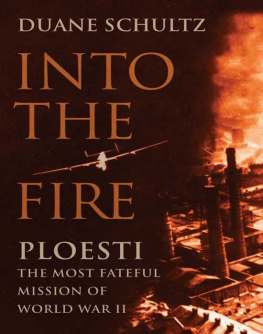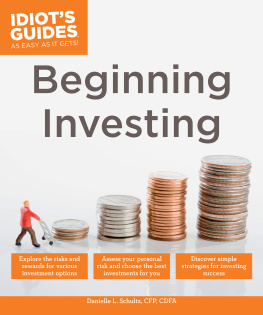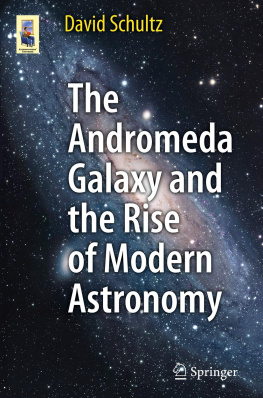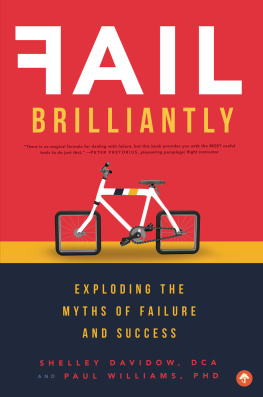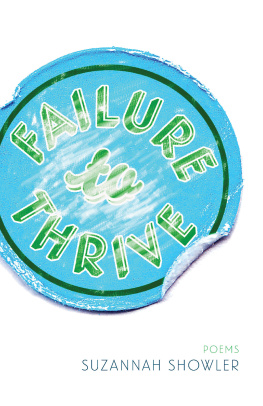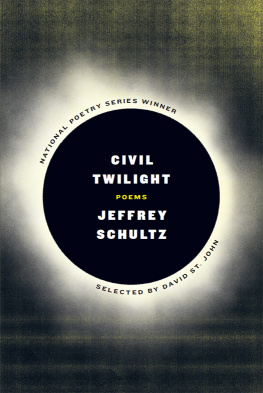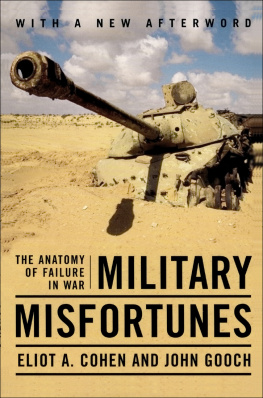Harcourt, Inc.
Orlando Austin New York San Diego London
Also by Philip Schultz
Living in the Past
The Holy Worm of Praise
My Guardian Angel Stein
Deep Within the Ravine
Like Wings
Copyright 2007 by Philip Schultz
All rights reserved. No part of this publication may be reproduced
or transmitted in any form or by any means, electronic or mechanical,
including photocopy, recording, or any information storage and retrieval
system, without permission in writing from the publisher.
Requests for permission to make copies of any part of the work
should be submitted online at www.harcourt.com/contact or mailed
to the following address: Permissions Department, Harcourt, Inc.,
6277 Sea Harbor Drive, Orlando, Florida 32887-6777.
www.HarcourtBooks.com
Selection from "Leaving the Door Open" in New and Collected Poems,
1970-1985 by David Ignatow, and reprinted by permission of Wesleyan
University Press. Selection from "Cap Ferrat" in Area Code 212 by Frederick
Seidel, reprinted by permission of Farrar, Straus and Giroux, 2002.
Library of Congress Cataloging-in-Publication Data
Schultz, Philip.
Failure: poems/Philip Schultz.1st ed.
p. cm.
I. Title.
PS3569.C5533F35 2007
811'.54dc22 2007009165
ISBN 978-0-15-101526-9
Text set in Minion
Designed by Cathy Riggs
Printed in the United States of America
First edition
A C E G I K J H F D B
For my son Augie,
a success story.
One madman laughs at another,
and they each give enjoyment to one another.
If you watch closely, you will see
that the maddest gets the biggest laugh.
E RASMUS
Contents
It's Sunday Morning in Early November 1
Talking to Ourselves 2
Specimen 3
The Summer People 5
The Magic Kingdom 7
Louse Point 9
The Idea of California 11
Kodak Park Athletic Association, 1954 14
Grief 15
The Absent 16
My Dog 17
The Garden 18
Exquisite with Agony 19
Bronze Crowd:
After Magdalena Abakanowicz 21
Why 23
My Wife 25
Husband 27
Uncle Sigmund 28
The Amount of Us 30
What I Like and Don't Like 31
Blunt 32
Shellac 34
The Adventures of 78 Charles Street 36
Isaac Babel Visits My Dreams 39
Dance Performance 41
The Traffic 43
The Truth 45
The One Truth 46
Failure 48
The Wandering Wingless 50
Acknowledgments 105
It's Sunday Morning in Early November
and there are a lot of leaves already.
I could rake and get a head start.
The boys' summer toys need to be put
in the basement. I could clean it out
or fix the broken storm window.
When Eli gets home from Sunday school,
I could take him fishing. I don't fish
but I could learn to. I could show him
how much fun it is. We don't do as much
as we used to do. And my wife, there's
so much I haven't told her lately,
about how quickly my soul is aging,
how it feels like a basement I keep filling
with everything I'm tired of surviving.
I could take a walk with my wife and try
to explain the ghosts I can't stop speaking to.
Or I could read all those books piling up
about the beginning of the end of understanding...
Meanwhile, it's such a beautiful morning,
the changing colors, the hypnotic light.
I could sit by the window watching the leaves,
which seem to know exactly how to fall
from one moment to the next. Or I could lose
everything and have to begin over again.
Talking to Ourselves
A woman in my doctor's office last week
couldn't stop talking about Niagara Falls,
the difference between dog and deer ticks,
how her oldest boy, killed in Iraq, would lie
with her at night in the summer grass, singing
Puccini. Her eyes looked at me but saw only
the saffron swirls of the quivering heavens.
Yesterday, Mr. Miller, our tidy neighbor,
stopped under our lopsided maple to explain
how his wife of sixty years died last month
of Alzheimer's. I stood there, listening to
his longing reach across the darkness with
each bruised breath of his eloquent singing.
This morning my five-year-old asked himself
why he'd come into the kitchen. I understood
he was thinking out loud, personifying himself,
but the intimacy of his small voice was surprising.
When my father's vending business was failing,
he'd talk to himself while driving, his lips
silently moving, his black eyes deliquescent.
He didn't care that I was there, listening,
what he was saying was too important.
"Too important," I hear myself saying
in the kitchen, putting the dishes away,
and my wife looks up from her reading
and asks, "What's that you said?"
Specimen
I turned sixty in Paris last year.
We stayed at the Lutetia,
where the Gestapo headquartered
during the war, my wife, two boys, and me,
and several old Vietnamese ladies
carrying poodles with diamond collars.
Once my father caught a man
stealing cigarettes out of one
of his vending machines.
He didn't stop choking him
until the pool hall stunk of excrement
and the body dropped to the floor
like a judgment.
When I was last in Paris
I was dirt poor, hiding
from the Vietnam War.
One night, in an old church,
I considered taking my life.
I didn't know how to be so young
and not belong anywhere, stuck
among so many perplexing melodies.
I loved the low white buildings,
the ingratiating colors, the ancient light.
We couldn't afford such luxury.
It was a matter of pride.
My father died bankrupt one week
before his sixtieth birthday.
I didn't expect to have a family;
I didn't expect happiness.
At the Lutetia everyone
dressed themselves like specimens
they'd loved all their lives.
Everyone floated down
red velvet hallways
like scintillating music
you hear only once or twice.
Driving home, my father said,
"Let anyone steal from you
and you're not fit to live."
I sat there, sliced by traffic lights,
not belonging to what he said.
I belonged to a scintillating
and perplexing music
I didn't expect to hear.
The Summer People
Santos, a strong, friendly man,
who built my wife's sculpture studio,
fixed everything I couldn't,
looked angry in town last week.
Then he stopped coming. We wondered
if we paid him enough, if he envied us.
Once he came over late to help me catch a bat
with a newspaper and trash basket.
He liked that I laughed at how scared I got.
We're "year rounds," what the locals call
summer people who live here full time.
Always in a hurry, the summer people honk a lot,
own bigger cars and houses. Once I beat a guy
in a pickup to a parking space, our summer sport.
"Lousy New Yorker!" he cried.
Every day now men from Guatemala, Ecuador,
and Mexico line up at the railroad station.
They know that they're despised,
that no one likes having to share their rewards,
or being made to feel spiteful.
When my uncle Joe showed me the shotgun
he kept near the cash register
to scare the black migrants
who bought his overpriced beer and cold cuts
in his grocery outside of Rochester, N.Y.,
his eyes blazed like emerald suns.
It's impossible to forget his eyes.
At parties the summer people
who moved here after 9/11
talk about all the things they had to give up.
It's beautiful here, they say, but everything
is tentative and strange,
as if the beauty isn't theirs to enjoy.
Next page



